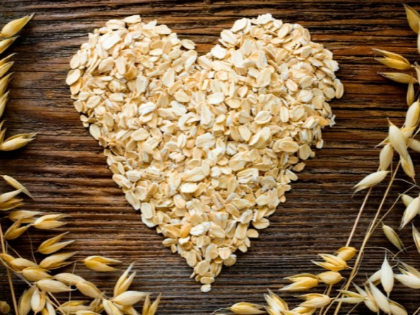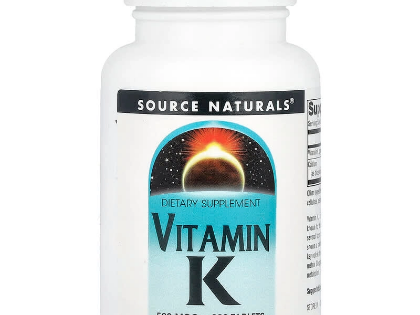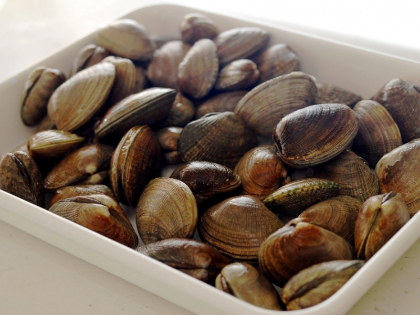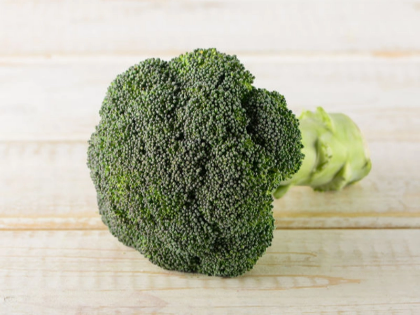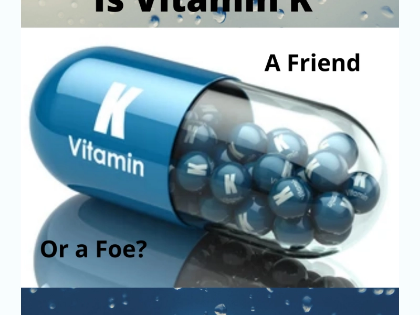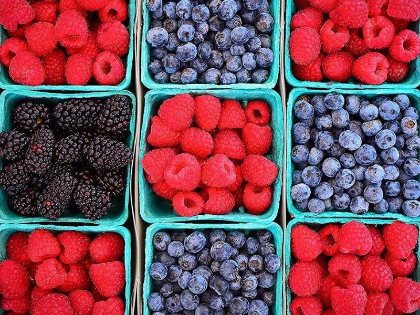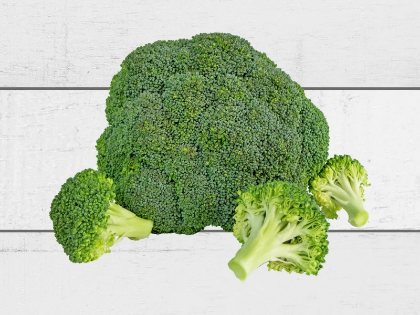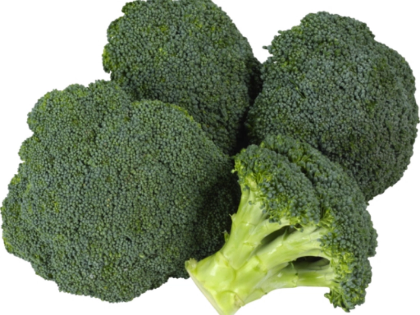Vitamin K for Athletes: Supporting Bone and Cardiovascular Health
Though it is sometimes disregarded in conversations about general health and sports performance, vitamin K is quite important for maintaining both bone and cardiovascular health. Peak performance and lifetime in their sports depend on players keeping strong bones and a healthy heart. The value of vitamin K, its advantages for athletes, and how to guarantee enough intake by food and supplements are investigated in this paper.
1. Regarding Vitamin K
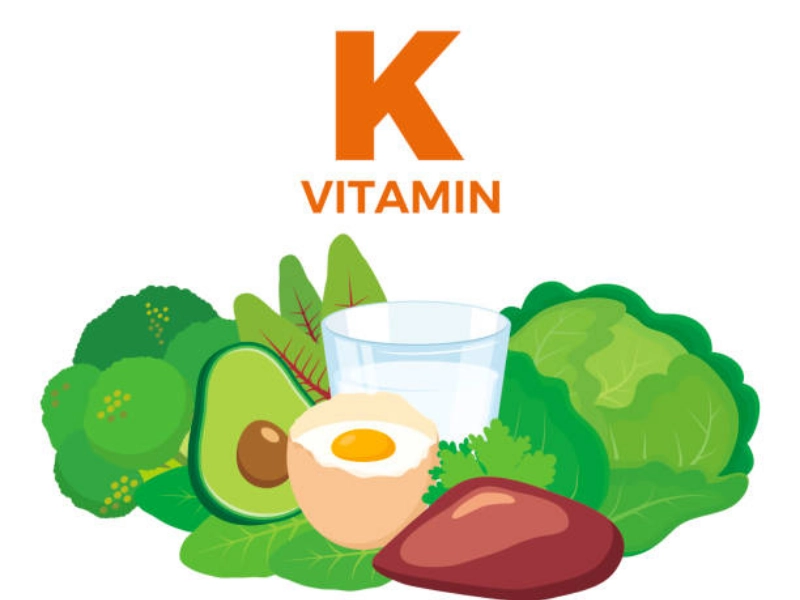
2. Vitamin K's Part in Bone Health
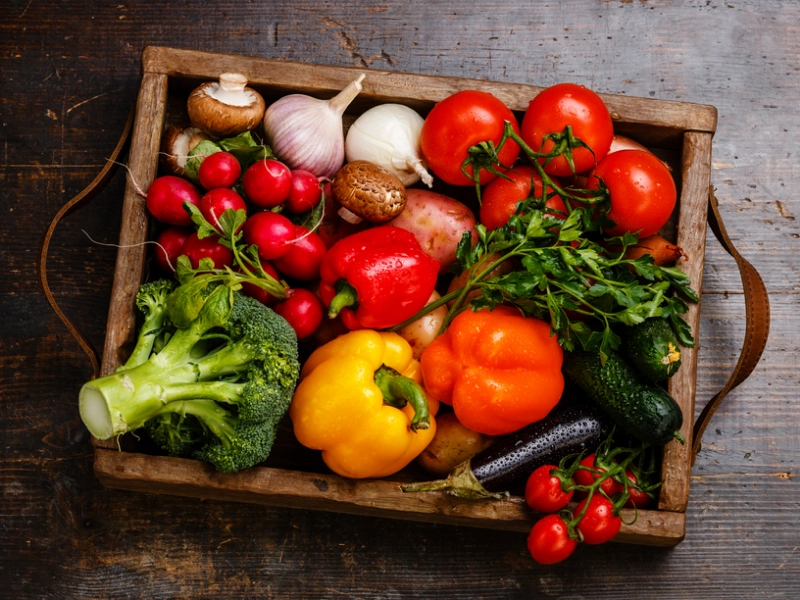 The fact that vitamin K is so important for preserving bone health is among the key advantages for sportsmen. Osteocalcin, a protein that helps bind calcium to the bone matrix and hence strengthens bones, is synthesised from vitamin K and Athletes who subject their bones to stress via intense training and competition especially depend on this mechanism.
Studies have linked lower incidence of fractures and better bone mineral density to appropriate amounts of vitamin K. This means that athletes have less chance of injuries that can cause them to be sidelined from their respective disciplines. Furthermore, vitamin K helps the body control its calcium levels, thereby guaranteeing that calcium deposits themselves in the bones instead of the arteries. Athletes who must keep both strong bones and cardiovascular health depend on this dual function; hence vitamin K is an essential component for their general well-being.
The fact that vitamin K is so important for preserving bone health is among the key advantages for sportsmen. Osteocalcin, a protein that helps bind calcium to the bone matrix and hence strengthens bones, is synthesised from vitamin K and Athletes who subject their bones to stress via intense training and competition especially depend on this mechanism.
Studies have linked lower incidence of fractures and better bone mineral density to appropriate amounts of vitamin K. This means that athletes have less chance of injuries that can cause them to be sidelined from their respective disciplines. Furthermore, vitamin K helps the body control its calcium levels, thereby guaranteeing that calcium deposits themselves in the bones instead of the arteries. Athletes who must keep both strong bones and cardiovascular health depend on this dual function; hence vitamin K is an essential component for their general well-being.
3.Vitamin K and Cardiovascular Health
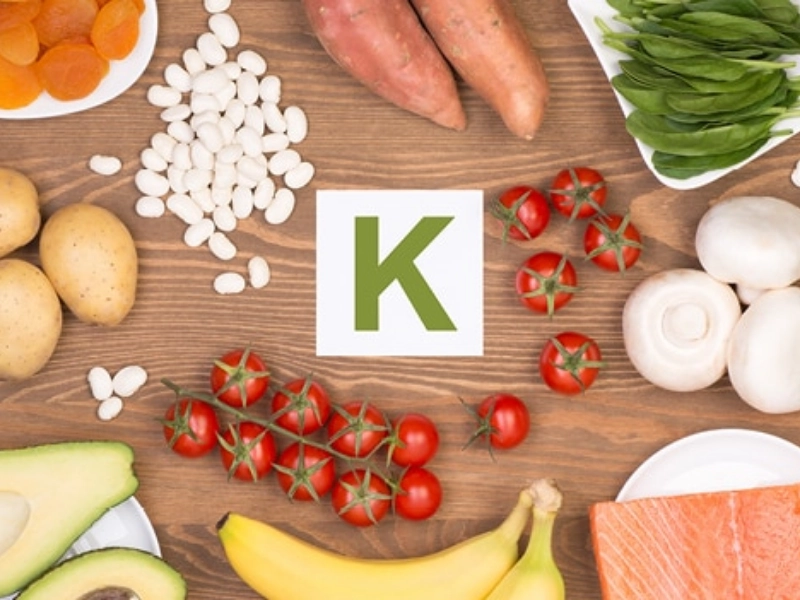 Many athletes concentrate on cardiovascular fitness, and vitamin K is quite important for preserving heart condition. Vitamin K's capacity to stop arterial calcification—a disorder in which calcium accumulates in the arteries, causing stiffness and raised risk of heart disease—is one of its main advantages. Matrix Gla-protein (MGP) is activated by vitamin K, which prevents vascular calcification and hence promotes healthy blood vessels.
For athletes, the best performance depends on a strong cardiovascular system. Good circulation guarantees that, during exercise, oxygen and nutrients are effectively supplied to muscles, therefore improving endurance and recovery. Athletes can support their cardiovascular health by eating foods strong in vitamin K in their diet; this is vital for maintaining constant high performance throughout time.
Many athletes concentrate on cardiovascular fitness, and vitamin K is quite important for preserving heart condition. Vitamin K's capacity to stop arterial calcification—a disorder in which calcium accumulates in the arteries, causing stiffness and raised risk of heart disease—is one of its main advantages. Matrix Gla-protein (MGP) is activated by vitamin K, which prevents vascular calcification and hence promotes healthy blood vessels.
For athletes, the best performance depends on a strong cardiovascular system. Good circulation guarantees that, during exercise, oxygen and nutrients are effectively supplied to muscles, therefore improving endurance and recovery. Athletes can support their cardiovascular health by eating foods strong in vitamin K in their diet; this is vital for maintaining constant high performance throughout time.
4. Dietary Vitamin K Sources
 Athletes who want to maximise vitamin K should concentrate on including a range of foods high in this vitamin in their diets. Among the finest sources of vitamin K1 are leafy greens; selections include kale, spinach, and Swiss chard. Other vegetables high in this vital vitamin are Brussels sprouts and broccoli.
Athletes looking for vitamin K2 might turn to fermented foods such as certain cheeses, sauerkraut, and natto. Excellent sources also include animal items, including chicken liver and egg yolks. Including a combination of these items in regular meals will enable sportsmen to satisfy their vitamin K requirements without resorting to supplements. Great ways to enjoy these nutrient-dense meals and improve general meal variety are also smoothies, salads, and stir-fries.
Athletes who want to maximise vitamin K should concentrate on including a range of foods high in this vitamin in their diets. Among the finest sources of vitamin K1 are leafy greens; selections include kale, spinach, and Swiss chard. Other vegetables high in this vital vitamin are Brussels sprouts and broccoli.
Athletes looking for vitamin K2 might turn to fermented foods such as certain cheeses, sauerkraut, and natto. Excellent sources also include animal items, including chicken liver and egg yolks. Including a combination of these items in regular meals will enable sportsmen to satisfy their vitamin K requirements without resorting to supplements. Great ways to enjoy these nutrient-dense meals and improve general meal variety are also smoothies, salads, and stir-fries.
5. Supplementation Issues
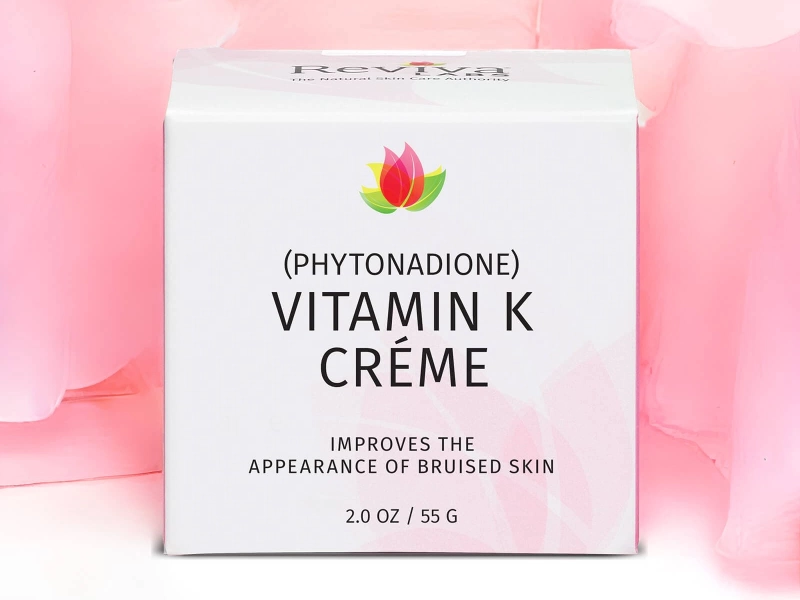 Although food is the finest source of nutrients, some athletes should think about vitamin K supplements, particularly if their diet is inadequate. See a trained dietitian or a healthcare provider before beginning any supplement. Depending on age, sex, degree of exercise, and general health, they can evaluate personal needs and provide suitable dosages.
Note that some drugs, especially blood thinners like warfarin, might interact with vitamin K supplements. Athletes using such drugs have to be careful and track their vitamin K intake to prevent problems. For the best health advantages, food sources should be given first priority; generally, supplementing should be handled carefully.
Although food is the finest source of nutrients, some athletes should think about vitamin K supplements, particularly if their diet is inadequate. See a trained dietitian or a healthcare provider before beginning any supplement. Depending on age, sex, degree of exercise, and general health, they can evaluate personal needs and provide suitable dosages.
Note that some drugs, especially blood thinners like warfarin, might interact with vitamin K supplements. Athletes using such drugs have to be careful and track their vitamin K intake to prevent problems. For the best health advantages, food sources should be given first priority; generally, supplementing should be handled carefully.
6. How Vitamin K Affects Recovery
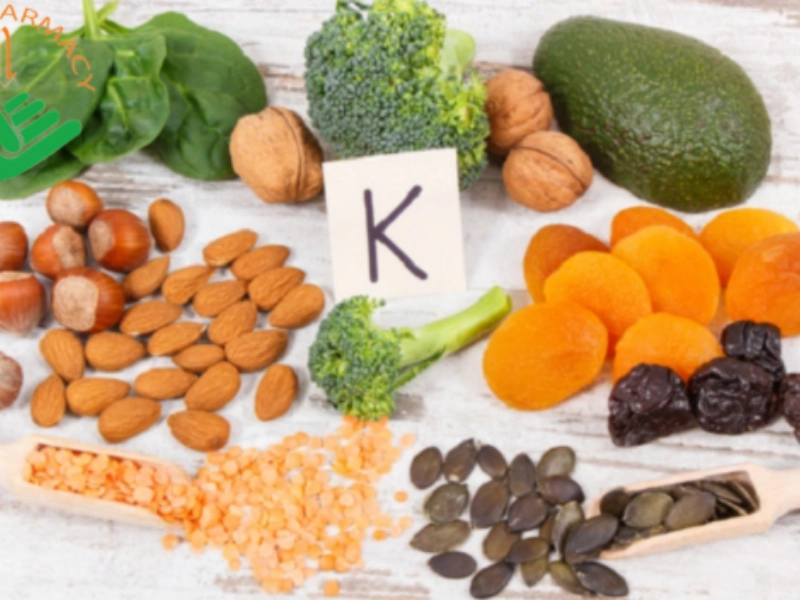 An athlete's training program revolves mostly around recovery; hence vitamin K can be of importance in this process. For athletes who regularly suffer with strains or sprains, enough vitamin K levels may help lower inflammation and facilitate the recovery of injuries. Promoting bone health and cardiovascular function allows vitamin K to indirectly help with shorter recovery times.
Furthermore, a well-balanced diet with foods high in vitamin K can help with general nutrient absorption and metabolic processes enhancement. Athletes who give vitamin K top priority in their diets may thus recuperate better, which will enable them to train more and excel in their particular sport.
An athlete's training program revolves mostly around recovery; hence vitamin K can be of importance in this process. For athletes who regularly suffer with strains or sprains, enough vitamin K levels may help lower inflammation and facilitate the recovery of injuries. Promoting bone health and cardiovascular function allows vitamin K to indirectly help with shorter recovery times.
Furthermore, a well-balanced diet with foods high in vitamin K can help with general nutrient absorption and metabolic processes enhancement. Athletes who give vitamin K top priority in their diets may thus recuperate better, which will enable them to train more and excel in their particular sport.
7. Conclusion: Accepting Vitamin K for Best Athletic Performance
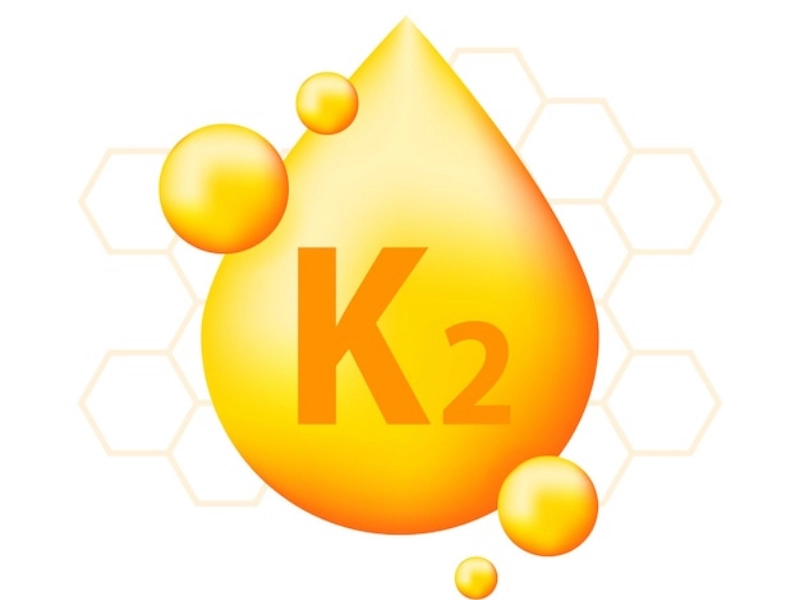 All things considered, vitamin K is a crucial vitamin that supports cardiovascular and bone health and hence is especially crucial for sports. Athletes may improve their performance, lower their risk of accidents, and encourage general well-being by knowing its advantages and including foods high in vitamin K into their diets. Whether from animal products, fermented foods, or leafy greens, athletes trying to reach their best performance and preserve long-term health would be wise to guarantee enough vitamin K intake.
All things considered, vitamin K is a crucial vitamin that supports cardiovascular and bone health and hence is especially crucial for sports. Athletes may improve their performance, lower their risk of accidents, and encourage general well-being by knowing its advantages and including foods high in vitamin K into their diets. Whether from animal products, fermented foods, or leafy greens, athletes trying to reach their best performance and preserve long-term health would be wise to guarantee enough vitamin K intake.


